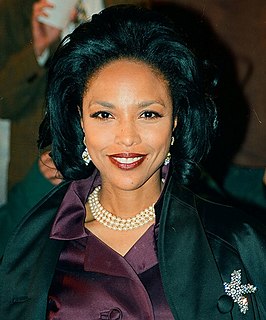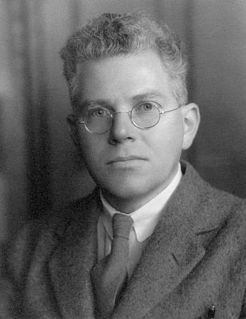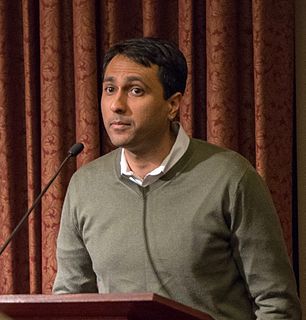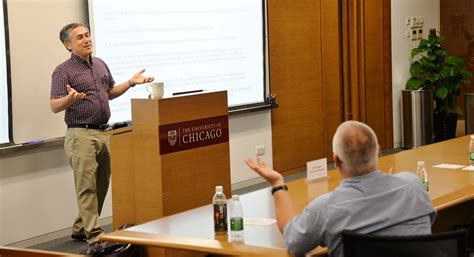A Quote by Murray Bookchin
In my case I would emphasize anarcho-communalism, along with the ecological questions, the feminist questions, the anti-nuclear issues that exist, and along with the articulation of popular institutions in the community. I think it's terribly important for anarchists to do that because at this moment not very much is happening anywhere in North America.
Related Quotes
One of the great things about humor is, you can slip things past people with humor, you can use it as a sweetener. So you can actually tell them things, give them messages, get terribly, terribly serious and terribly, terribly dark, and because there are jokes in there, they'll go along with you, and they'll travel a lot further along with you than they would otherwise.
I tried not to write about the O.J. Simpson case too much because so much has already been said about it, but there are a lot of questions left worth asking. However, the case is very useful to illustrate other points. The case is a common reference point because everybody knows the ins and outs of it, more than any other case in this generation, so it becomes useful to reference other points. In itself, there aren't that many questions about it that remain unanswered.
I ask two questions when I am confronting life on a moment to moment basis when something important is happening. (1) What is factually happening right now? (2) What does my soul know about this and want me to know about this? It is amazing that when I give myself 20-25 seconds to seriously consider these questions, almost instantly I will arrive at a deeper awareness and a richer understanding of what is happening right now - from the soul's level of awareness.
If you don't put the spiritual and religious dimension into our political conversation, you won't be asking the really big and important question. If you don't bring in values and religion, you'll be asking superficial questions. What is life all about? What is our relationship to God? These are the important questions. What is our obligation to one another and community? If we don't ask those questions, the residual questions that we're asking aren't as interesting.
Be patient toward all that is unsolved in your heart and try to love the questions themselves, like locked rooms and like books that are now written in a very foreign tongue. Do not now seek the answers, which cannot be given you because you would not be able to live them. And the point is, to live everything. Live the questions now. Perhaps you will then gradually, without noticing it, live along some distant day into the answer.
I, who had been in favour of nuclear energy for generating electricity ... I suddenly realised that anybody who has a nuclear reactor can extract the plutonium from the reactor and make nuclear weapons, so that a country which has a nuclear reactor can, at any moment that it wants to, become a nuclear weapons power. And I, right from the beginning, have been terribly worried by the existence of nuclear weapons and very much against their use.
The great philosophers of the 17th and 18th centuries did not think that epistemological questions floated free of questions about how the mind works. Those philosophers took a stand on all sorts of questions which nowadays we would classify as questions of psychology, and their views about psychological questions shaped their views about epistemology, as well they should have.
I don't think there's much chance that the North Koreans would attack Guam or any other territory out of the blue. They would only counterattack if they felt existentially threatened. The questions is, At want point will North Korea feel it is threatened enough to make such a strike? We don't know that yet.
Well, here's what I'll say: The storytellers of 'Lost' have taken us on a pretty great journey, and there have been questions along the way, and criticisms along the way, but if you look at the totality of the show, or the experience of it as a whole, I think as long as you look at it from that perspective you'll be happy.
In the spring of 2007, Israeli intelligence brought to Washington proof that the Assad regime in Syria was building a nuclear reactor along the Euphrates - with North Korean help. This reactor was a copy of the Yongbyon reactor the North Koreans had built, and was part of a Syrian nuclear weapons program.

































